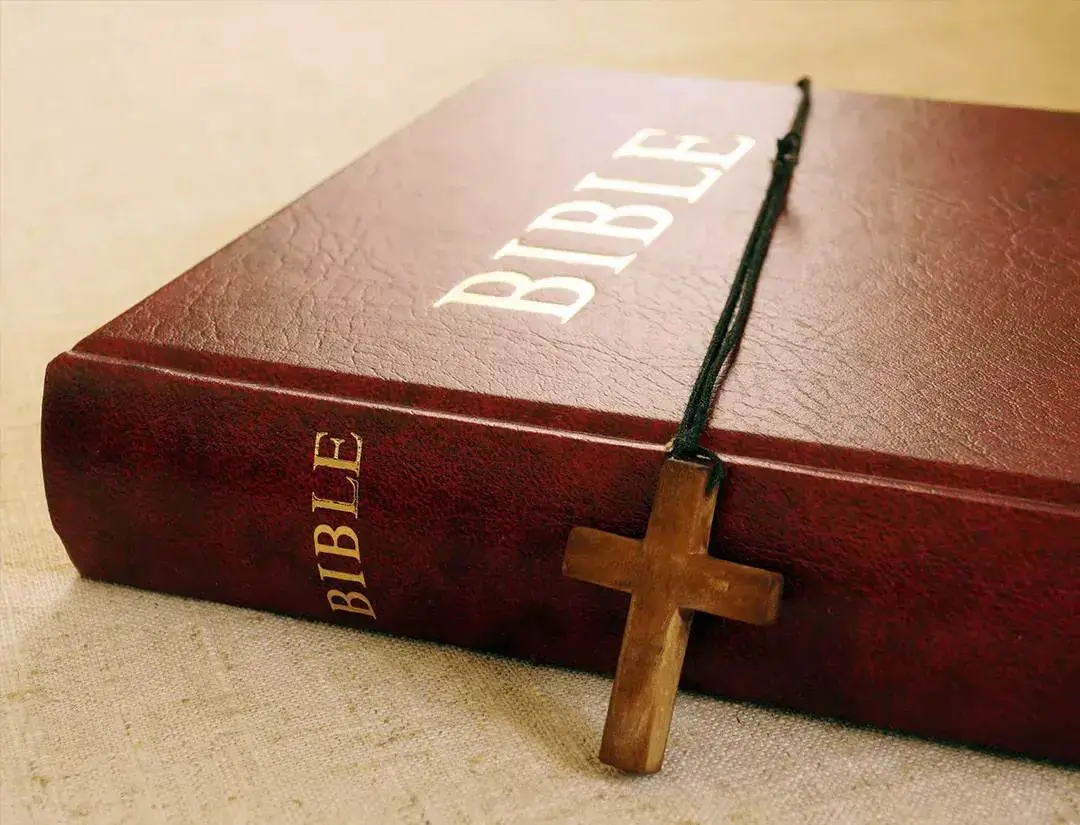Language
 Directory
Directory
Genesis
Noah

1. Noah is a significant figure in the biblical narrative, appearing in the book of Genesis. He is primarily known for his role as the builder of the Ark and the survivor of the Great Flood. Noah's story highlights themes of righteousness, obedience, and divine judgment.
2. In the biblical account, humanity had become deeply corrupt and wicked, leading God to regret creating mankind. However, Noah stood out as a righteous and blameless man amidst the prevailing wickedness. He found favor with God, who chose him to carry out a momentous task.
3. God instructed Noah to build an enormous Ark to preserve a remnant of living creatures and his own family from the impending flood. The Ark was to be constructed with specific dimensions and compartments to accommodate various animals and sustain life during the cataclysmic event.
4. Noah faithfully followed God's instructions, dedicating many years of his life to building the Ark. Throughout the construction process, he faced ridicule and disbelief from his contemporaries, who could not comprehend the significance of his project and its connection to divine judgment.
5. When the Ark was completed, Noah, alongside his wife, three sons (Shem, Ham, and Japheth), and their respective wives, entered the vessel along with pairs of every kind of animal, including birds, livestock, and creeping creatures. God Himself shut the Ark's door, sealing them inside.
6. Then, torrential rains poured down upon the earth for forty days and forty nights. The waters surged, covering the entire land and destroying all life that was not aboard the Ark. The Flood served as a cleansing force, purging the world of its wickedness.
7. Inside the Ark, Noah and his family remained safe, cared for, and sustained by God's provision. The Floodwaters eventually receded, and Noah sent out a series of birds to determine if dry land had reemerged. When a dove returned with an olive leaf, symbolizing new life and the subsiding of the waters, Noah knew that they could finally leave the Ark.
8. Upon disembarking, Noah offered sacrifices to God as a gesture of gratitude for their deliverance. In response, God made a covenant with Noah, promising never to destroy the earth by a flood again. As a sign of this covenant, God placed a rainbow in the sky, signifying His faithfulness and mercy.
9. Noah's significance lies not only in his survival of the Great Flood but also in his righteous character. The biblical narrative describes him as a righteous man who walked faithfully with God. His obedience to God's commands and willingness to follow His instructions set him apart in a corrupt and decadent society.
10. Additionally, Noah is considered a foreshadowing figure in many religious traditions, representing salvation and deliverance. Just as Noah and his family were saved from the destructive floodwaters, believers draw parallels between the Ark and the redemptive work of Jesus Christ, who offers salvation from sin and eternal separation from God.
11. Noah's story serves as a reminder of God's judgment on unrighteousness and His faithfulness to those who seek Him. His legacy of obedience and righteousness has inspired believers throughout history to live upright lives and remain faithful to God's commands.
12. Noah played a vital role in the biblical account as the builder of the Ark and the survivor of the Great Flood. His story emphasizes righteousness, obedience, and divine judgment. Noah's faithfulness to God's commands secured his deliverance and symbolizes hope, redemption, and God's covenantal promises.




 Previous
Previous







